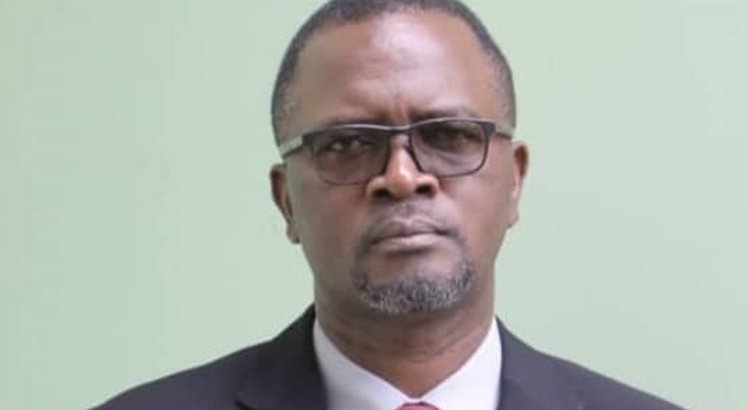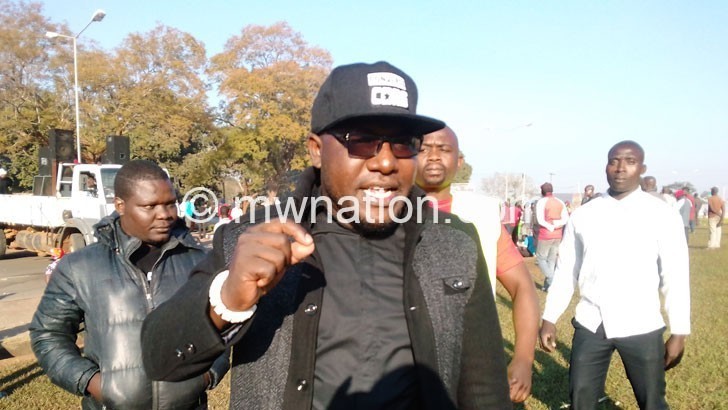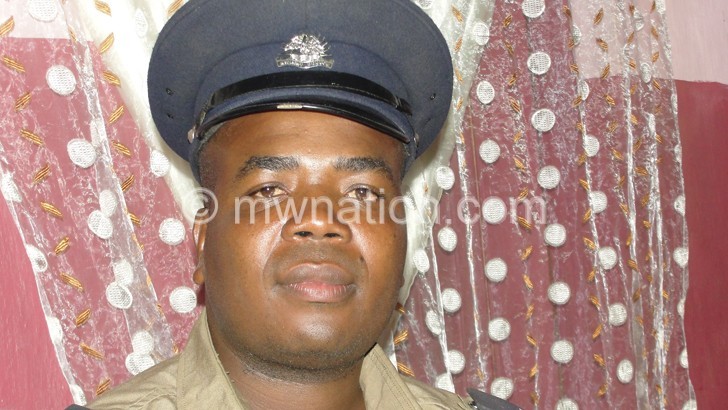Why graft cases stall
Experts have said hasty arrests before investigations are concluded contribute to delays by the Anti-Corruption Bureau (ACB) to bring graft cases for trial.
Examples abound from Cashgate cases that saw a flurry of arrests in 2014 to the ongoing corruption cases linked to United Kingdom-based businessperson Zuneth Sattar and other graft cases since the Tonse Alliance administration assumed power in June 2020. The cases show a pattern of leaving the bulk of those arrested on corruption-related offences in suspense well beyond what Justice of Appeal Ivy Kamanga calls “reasonable time after having been charged”.
Out of the 60 Cashgate-related cases in 2014, at least 40 never made it to the trial stage five years after arrests, according to a 2021 Global Integrity Anti-Corruption Evidence Project report titled ‘Law Enforcement and High-Level Corruption in Malawi: Learning from Effective Law Enforcement’.

Of those that proceeded to trial stage, only 13 were concluded by 2019, according to the report authored by University of Edinburgh’s Gerhard Anders, whose work was supported by Britain’s UKAid.
External pressure on the bureau to act, weak investigative and prosecutorial competences as well as inconsistencies, gaps and ambiguities in the legal framework coupled with uncoordinated institutional architecture amid inter-agency rivalries are some of the major factors experts say cause delays that may amount to human rights violations against the accused and delayed justice for the people who want the corrupt to pay.
ACB National Integrity Committee chairperson Jeff Kabondo said in a written response yesterday that public pressure for law enforcement agencies to act swiftly can compromise depth of investigations and evidence gathering.
He also expressed worry that limited or lack of collaboration among State institutions, and capacity constraints have also contributed to the slow progression of cases to trial and actual trying of the cases.
On the other hand, Anders said there is also external influence from development partners, which he described as a double-edged sword.
He said while on the one hand donor pressure has spurred the government into action, the influence exercised by foreign donor agencies can also be an inhibiting factor.
The report cites the United Kingdom and the European Union, whose financial and technical support, while it has “somewhat fortified the law enforcement agencies”, can also undermine the cohesion of the government apparatus.
“Policies designed and promoted by donor agencies, rather than by the government, lack government ownership. The creation of enclaves by donors can also undermine the coordination with and involvement of other parts of the government,” says Anders.
National Anti-Corruption Alliance chairperson Moses Mkandawire, who is also executive director of CCAP Livingstonia Synod’s Church and Society Programme, also questioned the capacity of investigative and prosecution authorities yesterday.
“Capacity between and amongst investigating and prosecuting institutions is somewhat questionable. We need much investment in that regard,” he said.
Centre for Social Accountability and Transparency executive director Willy Kambwandira yesterday said it is unfortunate that trials and prosecution of grand corruption cases are hampered by significant delays and adjournments.
He expressed worry over expertise in law enforcement agencies.
“The competency and conduct of our investigators and prosecutors has been put to question, they somehow lack expertise, [are] lowly paid and not adequately protected. Prosecutors’ conduct of asking for frequent adjournment of cases sometimes raises suspicions of conniving to tactically delay cases,” claimed Kambwandira.
In her 2008 paper presented to the United Nations Asia and Far East Institute for the Prevention of Crime and Treatment of Offenders in Tokyo, Japan, Kamanga noted that the bureau’s investigators lacked requisite investigative skills, adding that ACB also did not have enough prosecutors with expertise and experience in presenting evidence to court.
She called for a proper balance between corruption prosecution and human rights provisions, noting in her paper that the Malawi experience is that corruption matters take a long time in the justice delivery system and often do not reach any conclusion.
Kamanga argues that the Constitution of the Republic of Malawi provides for the right to a fair trial of an accused person, which includes the right to public trial before a court of law within a reasonable time after having been charged.
Yet, she said, a lot of corruption suspects, who were charged with offences under the Corrupt Practices Act, have not come to any finality.
To reduce delays, the Anders report recommends a review of the Criminal Procedures and Evidence Code to be initiated by the Ministry of Justice, drawing on input from stakeholders such as the Police, ACB, Director of Public Prosecutions, Ombudsman, Malawi Human Rights Commission and Malawi Law Commission in close collaboration with the Legal Affairs Committee of Parliament to ensure that any amendments constitute actual improvements and strike a balance between human rights concerns and effective rule of law.
“Further, the length of time between first arrest and actual commencement of the trial should be reduced by concluding investigations prior to arrest,” says the report.
Efforts to get responses from ACB director general Martha Chizuma from Monday to last evening as we went to press were unsuccessful.
But speaking in an interview in Mzuzu last month on the sidelines of a workshop jointly organised by ACB and Financial Intelligence Agency, she said: “The public wants results today and now. They want an arrest and a conviction the same day. It does not work like that.
“These are very complex matters and even for the case of Sattar, it is a case that we are dealing with a lot of information, intelligence that we have to sieve through and bring out the real issues.”
In a separate interview on the sidelines of the same function, Chief Justice Rizine Mzikamanda said delays to dispose of cases in courts need various stakeholders in the justice delivery system to work together to eliminate them.






One Comment